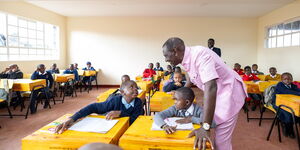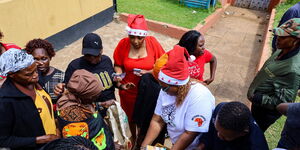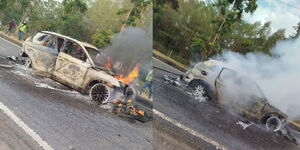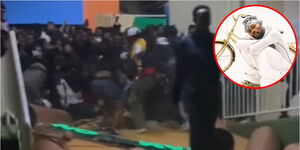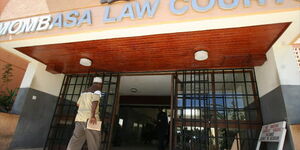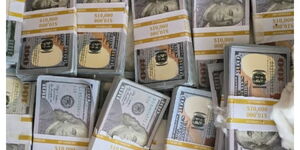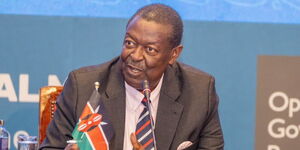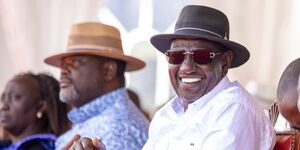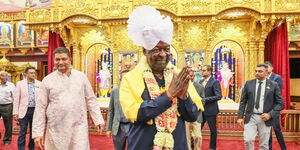Travellers seeking to fly within the country or abroad are always subjected to strict security checks at the airports before being allowed to board a plane.
These security protocols include thorough frisking to ascertain the traveller is not armed or carrying any item that might endanger the lives of others on the plane.
But for travellers donning religious or cultural attires, their security check is usually special and intense.
According to Kenya Civil Aviation Authority (KCAA) procedures, people dressed in such attires including head coverings, loose fitting, or bulky attire may undergo additional security screening.
These additional security screenings include a pat-down or go through a body scanner. Body scanner screens the whole body and a computer detects any prohibited items if any.
For a pat-down, it is strictly conducted by an airport screener of the same gender as stipulated in KCAA rules.
If an alarm cannot be resolved through a pat-down, the person in those religious attires may be asked to remove them. This is usually done in a special room at the entrance of any airport.
However, there are some exceptions where people wearing such attires can be allowed to fly.
For that to happen, a passenger must make a formal communication informing the airport screener if she/he is carrying religious, items that require special handling.
These security protocols also apply to travellers wearing cultural or ceremonial attires.
"Religious knives, swords and other objects that may be used to endanger the safety of other passengers onboard aircraft are not permitted through the security checkpoint and must be packed in checked baggage," KCAA states on its official website.
All the security personnel tasked with carrying out the checks are required to undergo training as screeners followed by a period of On-Job-Training, before being presented to the KCAA for deployment.
In cases where one refuses to be screened, the passenger is not allowed to board a plane. The traveller is advised by the screeners on the importance of the security checks. In case of a breach, all the passengers are usually rescreened before boarding the plane.
For police and military officers, they have to go through a similar screening process as the rest of the passengers if flying commercial flights.
They are only exempted when using government aircrafts.
"If they will be using state aircraft, that is Police or Military aircraft. In which case, their route and flow to and from the aircraft should be separate from the one used by commercial air transport passengers in order to avoid contamination," KCAA states.
The same security protocols apply to airline workers such as flight attendants and pilots.

